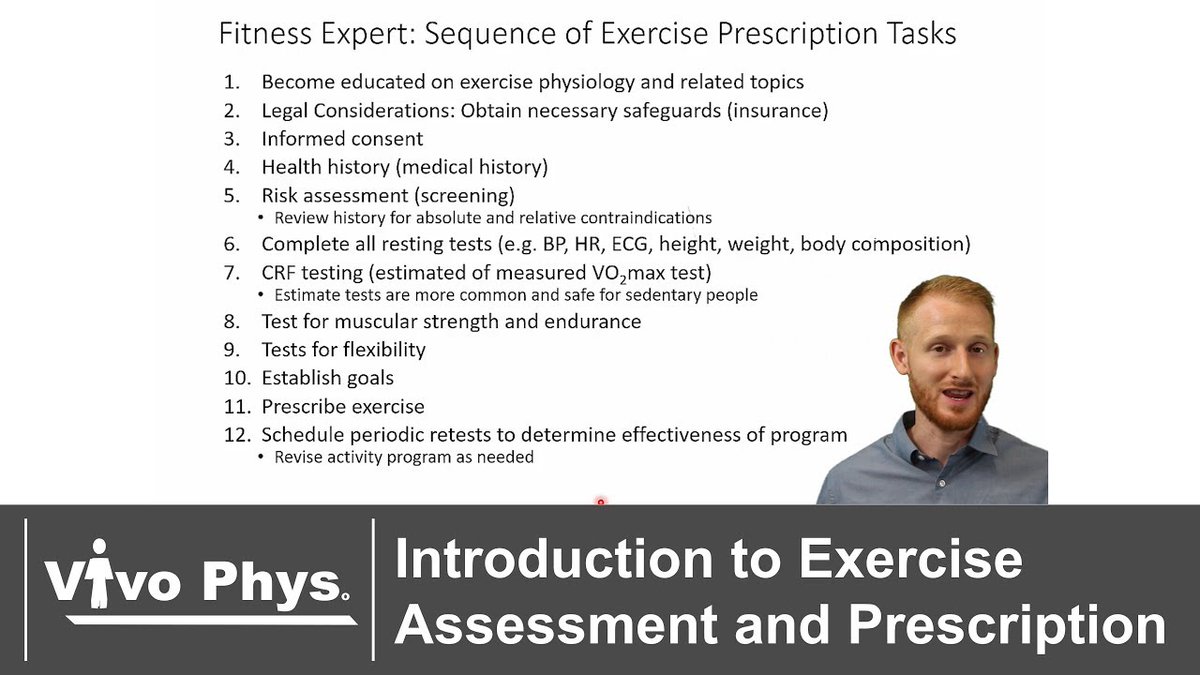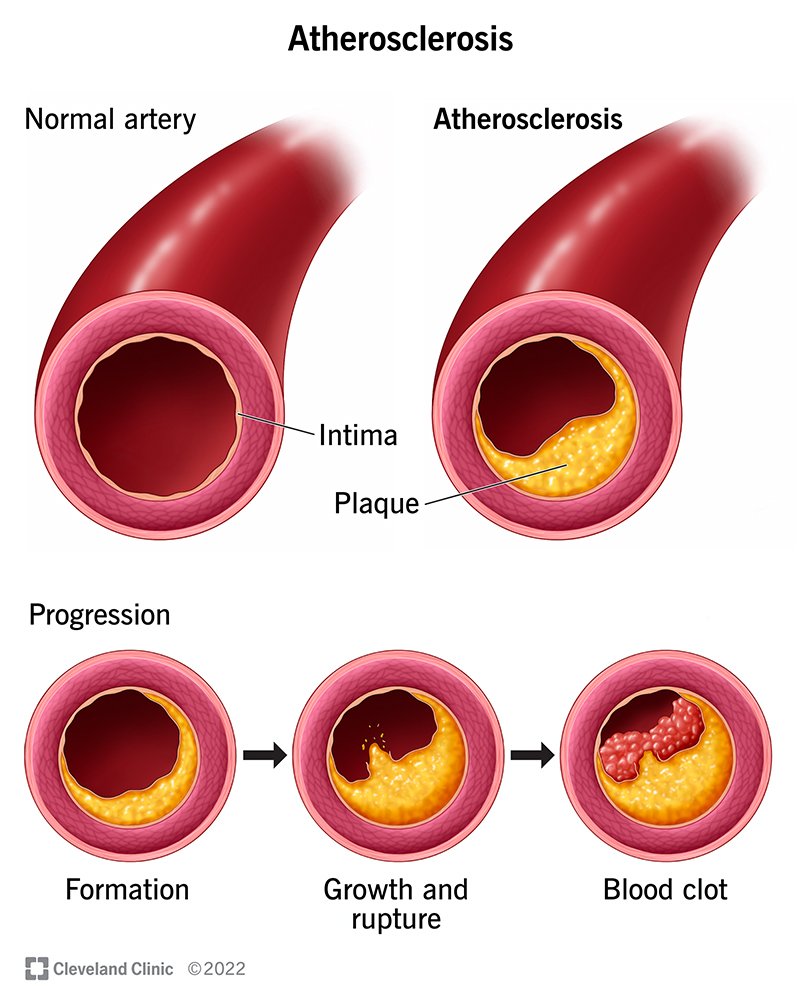
A series if short videos about cardiac arrest and gymming/exercise #MedTwitter
Part 1, 2, 3, 4 .. twitter.com/i/web/status/1…
Part 1, 2, 3, 4 .. twitter.com/i/web/status/1…
Part 5 and 6 twitter.com/i/web/status/1…
Learn #CPR
• • •
Missing some Tweet in this thread? You can try to
force a refresh


















